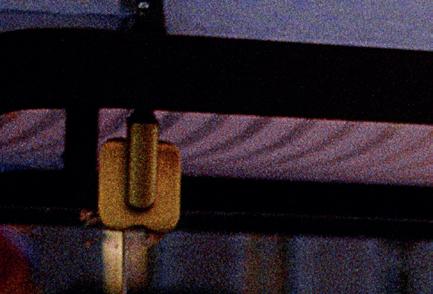
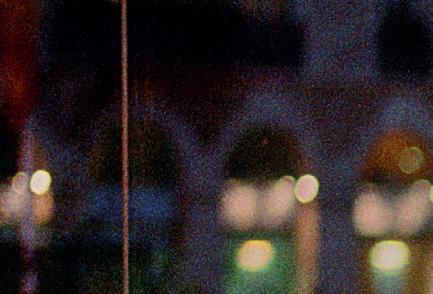
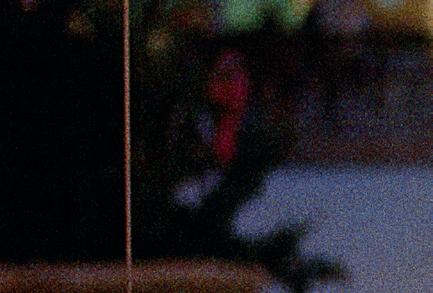
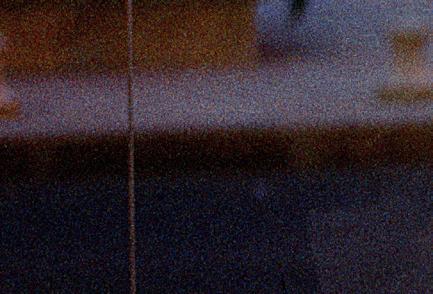
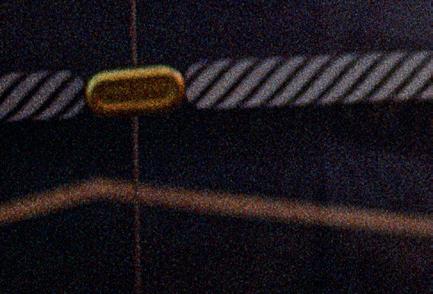
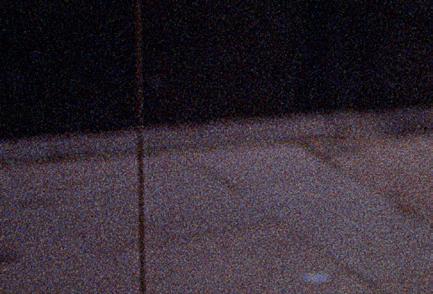
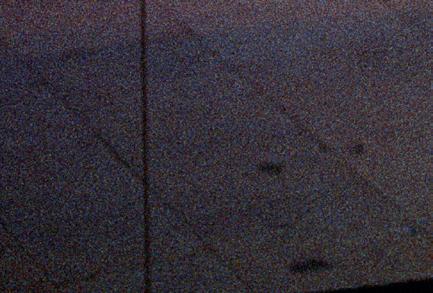


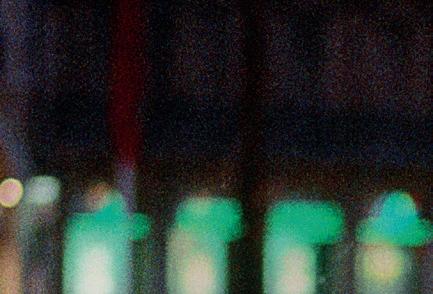
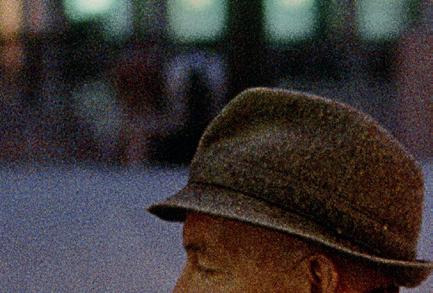













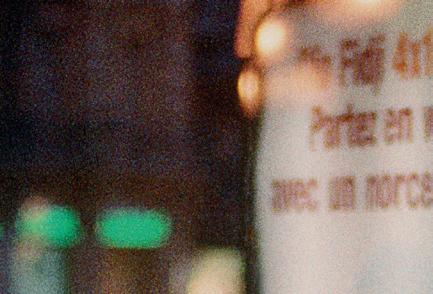
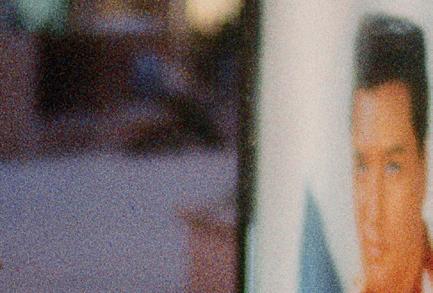
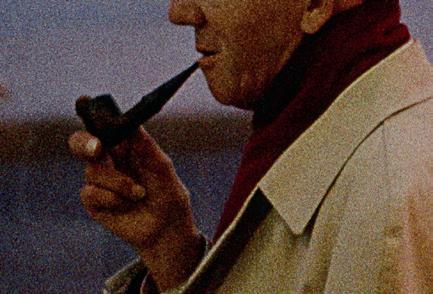
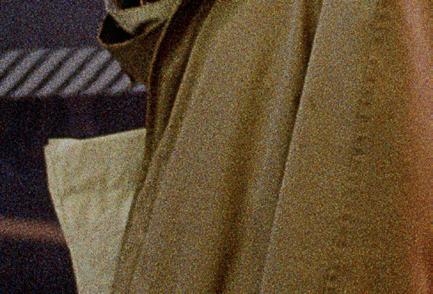
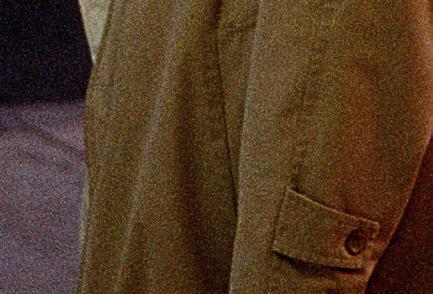
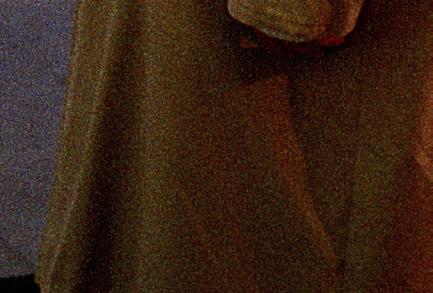
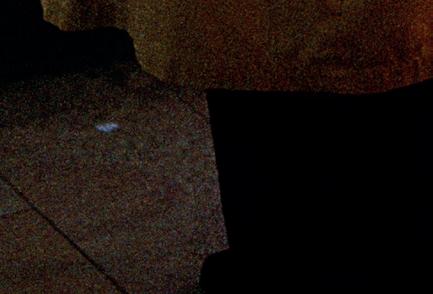
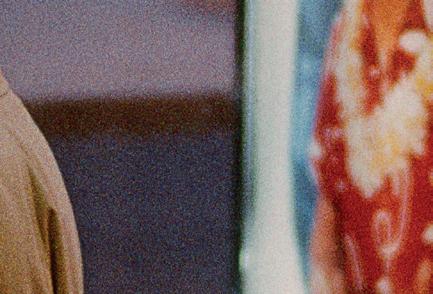
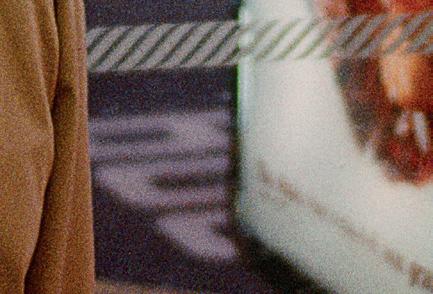
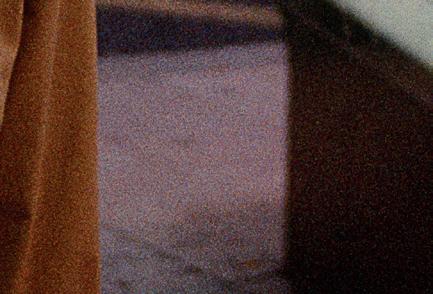
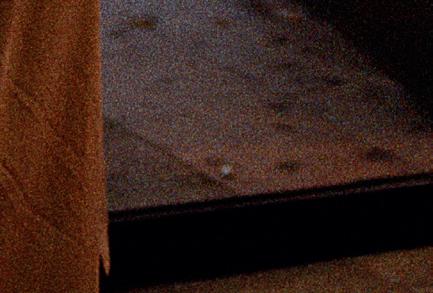
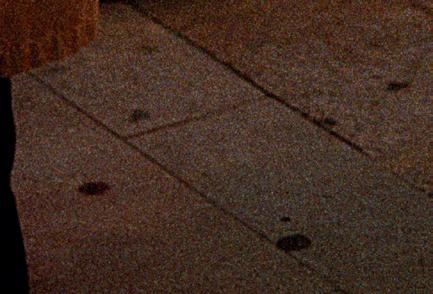
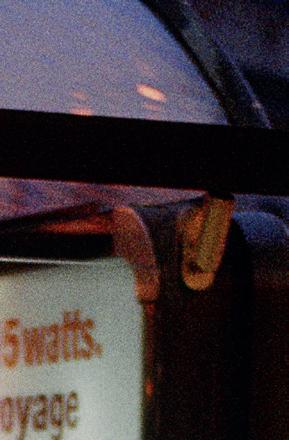
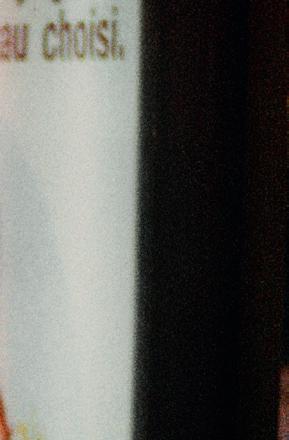
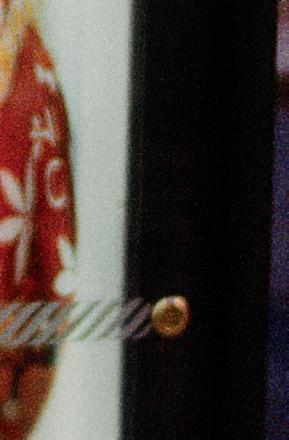
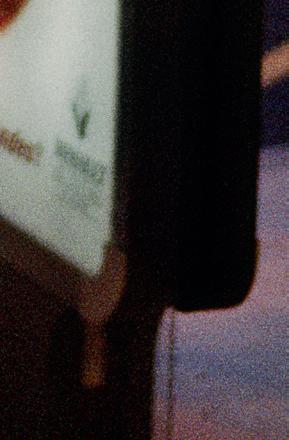
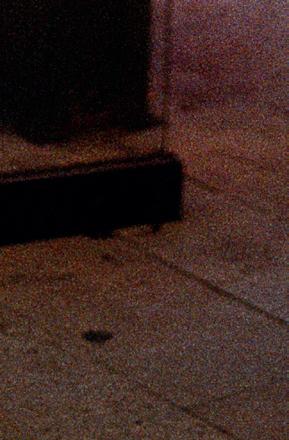

Signed, Picpus
‘I love reading Simenon. He makes me think of Chekhov’ – William Faulkner
‘A truly wonderful writer . . . marvellously readable – lucid, simple, absolutely in tune with the world he creates’ – Muriel Spark
‘Few writers have ever conveyed with such a sure touch, the bleakness of human life’ – A. N. Wilson
‘One of the greatest writers of the twentieth century . . . Simenon was unequalled at making us look inside, though the ability was masked by his brilliance at absorbing us obsessively in his stories’ – Guardian
‘A novelist who entered his fictional world as if he were part of it’ – Peter Ackroyd
‘The greatest of all, the most genuine novelist we have had in literature’ – André Gide
‘Superb . . The most addictive of writers . . A unique teller of tales’ – Observer
‘The mysteries of the human personality are revealed in all their disconcerting complexity’ – Anita Brookner
‘A writer who, more than any other crime novelist, combined a high literary reputation with popular appeal’ – P. D. James
‘A supreme writer . . . Unforgettable vividness’ – Independent
‘Compelling, remorseless, brilliant’ – John Gray
‘Extraordinary masterpieces of the twentieth century’ – John Banville
Georges Simenon was born on 12 February 1903 in Liège, Belgium, and died in 1989 in Lausanne, Switzerland, where he had lived for the latter part of his life.
Simenon always resisted identifying himself with his famous literary character, but acknowledged that they shared an important characteristic:
My motto, to the extent that I have one, has been noted often enough, and I’ve always conformed to it. It’s the one I’ve given to old Maigret, who resembles me in certain points . . .‘understand and judge not’.
by david coward
UK | USA | Canada | Ireland | Australia
India | New Zealand | South Africa
Penguin Classics is part of the Penguin Random House group of companies whose addresses can be found at global.penguinrandomhouse.com.
Penguin Random House UK
One Embassy Gardens, 8 Viaduct Gardens, London SW 11 7BW penguin.co.uk
First published in French as Signé Picpus by Éditions Gallimard 1944
This translation first published 2015
Published in Penguin Classics 2025 001
Copyright © Georges Simenon Limited, 1944
Translation copyright © David Coward, 2015
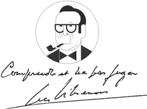

GEORGES SIMENON and ® , all rights reserved
MAIGRET ® Georges Simenon Limited, all rights reserved original design by Maria Picassó i Piquer

All rights reserved
The moral rights of the author and translator have been asserted
Penguin Random House values and supports copyright.
Copyright fuels creativity, encourages diverse voices, promotes freedom of expression and supports a vibrant culture. Thank you for purchasing an authorized edition of this book and for respecting intellectual property laws by not reproducing, scanning or distributing any part of it by any means without permission. You are supporting authors and enabling Penguin Random House to continue to publish books for everyone. No part of this book may be used or reproduced in any manner for the purpose of training artificial intelligence technologies or systems. In accordance with Article 4(3) of the DSM Directive 2019/790, Penguin Random House expressly reserves this work from the text and data mining exception.
Typeset by Palimpsest Book Production Limited, Falkirk, Stirlingshire
Printed and bound in Great Britain by Clays Ltd, Elcograf S.p.A.
The authorized representative in the EEA is Penguin Random House Ireland, Morrison Chambers, 32 Nassau Street, Dublin D 02 YH 68
A CIP catalogue record for this book is available from the British Library
ISBN : 978–0–241 –18846–0
Penguin Random House is committed to a sustainable future for our business, our readers and our planet. This book is made from Forest Stewardship Council® certified paper.
Signed, Picpus
Three minutes to five. A white light flashes in the huge map of Paris which fills the whole of one wall. An operator puts down his sandwich, plugs a line jack into one of the myriad holes that is a telephone switchboard.
‘Hello? Is that the fourteenth arrondissement? . . . Has your bus left yet?’
Maigret, trying hard to look unconcerned, with the sun full on him, wipes his forehead. The operator mutters a few monosyllables, unplugs the jack, reaches for his sandwich and murmurs for the benefit of the detective chief inspector from the Police Judiciaire:
‘A Bercy!’
In the jargon, a ‘Bercy’ is a drunk. It is August. Paris reeks of tarmac. The noise from the Cité in the heart of Paris drifts in through the large, open windows into this room which is the nerve centre of the Police Emergency Service. Below, in the courtyard of the Préfecture de Police, two vans full of policemen are visible, ready to leave whenever the word is given.
Another light winks on, this time in the eighteenth arrondissement. Sausage sandwich down. Plug in.
‘Hello? . . . Ah, Gérard! . . . On duty? . . . What’s happening your end? . . . Right! . . . Fine! . . .’
Defenestration. It’s the method of choice of poor people
who commit suicide, especially the old men and, oddly enough, especially in the eighteenth arrondissement. Maigret knocks out his pipe on the windowsill, refills it and glances up at the clock. Yes or no: has someone killed the clairvoyant?
The door opens. Sergeant Lucas, short, podgy, flustered. He wipes his brow too.
‘Still nothing, chief?’
Like Maigret, he has just walked across the boulevard which separates the headquarters of the Police Judiciaire from the Préfecture. A neighbourly call.
‘So, our man’s there . . .’
‘Mascouvin?’
‘He’s as pale as papier mâché. He’s insisting on talking to you. He’s saying suicide is the only way out left to him . . .’
Another light comes on. Maybe this is it? No . . . Just a brawl out at SaintOuen.
The phone rings. The commissioner of the Police Judiciaire, for the inspector.
‘Maigret? . . . Got something? . . . Anything? . . .’
The irony in his voice is audible. Maigret is getting angry. He is hot. He’d give anything for a freshly drawn beer. And for the first time in his life he is almost on the point of wanting a crime, the crime he is expecting, to happen. Absolutely! If the clairvoyant is not killed at exactly five o’clock or rather, as was written on the blottingpad, ‘at five in the afternoon’, then he’ll have to put up with months of sarcastic smiles and jokes, some funnier than others.
‘Go and bring me Mascouvin.’
God knows but the man looks like a joker! He turned
up the previous evening at the Police Judiciaire with gloom written all over him, and wouldn’t take no for an answer, his face twitching with a nervous tic, insisting loudly on speaking to Detective Chief Inspector Maigret in person.
‘It’s a matter of life and death!’ he said.
A small, thin man, rather dull to look at, neither young nor old, exuding the stale smell of a bachelor who does not look after himself. He pulls his fingers and cracks his knuckles while telling his tale, the way a schoolboy recites his lesson.
‘Fifteen years I’ve worked for Proud and Drouin, property dealers on Boulevard BonneNouvelle. I live alone in a tworoomed flat, 21, Place des Vosges . . . Every evening I go for a game of bridge in a club in Rue des Pyramides . . . For the last two months, I’ve been having a run of bad luck. I’ve lost all my savings . . . I owe the countess 800 francs . . .’
Maigret only halflistens, thinking that one half of the population of Paris is on holiday and that at that moment the other half is downing cold drinks under the awnings of pavement cafés. Who was this countess? Well, the sad little man explains. An upperclass lady who has been through hard times and set up a bridge club in Rue des Pyramides. A goodlooking woman. It’s obvious: this small dull man is in love.
‘Today, at four o’clock, inspector, I took a thousandfranc note from my employers’ till.’
He could not have cut a more tragic figure if he’d wiped out an entire family. He continues with his confession, still cracking his fingers. After the offices of Proud and Drouin
closed for the day, he wandered around the boulevards with the thousandfranc note in his pocket. He was racked by guilt. He walked into the Café des Sports at the corner of Place de la République and Boulevard Voltaire, where he usually has a lonely drink before his evening meal.
‘Can I have pen and paper, Nestor?’
For he called the waiter by his Christian name. Yes, he will write to his employers. He will confess everything and send the thousandfranc note back! His luck has deserted him for too long! He has been losing steadily for two months. The countess he silently adores only has eyes for a retired army captain and is always strict in making Mascouvin pay up what he owes her.
Surrounded by the bustling crowd, he stared at the blottingpad which lay open in front of him. Mechanically, he had put his pincenez down on the blotter and looked at it there with his large, shortsighted eyes. It was at that moment that the strange thing happened. One of the lenses, acting as a mirror, reflected the crisscross, hatched ink marks which had dried on the blotter. Mascouvin made out the words: will kill . . . He looked more closely . . . The lens restored the original image:
Tomorrow, at five in the afternoon, I will kill . . . Tomorrow, at five in the afternoon, I will kill the clairvoyant. Signed, Picpus.
Five past five. The operator has had time to finish eating his sausage, which smells of garlic, for the white lights on the map of Paris have remained dormant. A sound of
footsteps on the stairs. It is Lucas bringing sad little Mascouvin.
The previous evening, Maigret told him to go home, turn up for work as usual and put the thousand francs back where they belonged. As a precaution, Lucas had followed him. At about nine o’clock, Mascouvin was hanging around in Rue des Pyramides but did not go into the countess’s building. He spent the night at home in Place des Vosges. Next morning he went to his office and at midday ate his lunch in a cheap café on Boulevard SaintMartin.
Then, at four thirty, when it was all getting too much for him, he suddenly left the sombre offices of Proud and Drouin and headed off towards Quai des Orfèvres.
‘I can’t stand it any more, inspector . . . I daren’t look my employers in the face . . . It seems like . . .’
‘Sit down . . . Don’t say anything . . .’
Eight minutes past five! A glorious sun lights up the teeming streets of Paris; the men are in shirtsleeves and the women are almost naked under their light dresses. Meanwhile, the police are keeping watch on eightytwo clairvoyants, some more farsighted than others.
‘You don’t think, Maigret, it could be a hoax?’
Lucas is worried about his chief, who stands to make himself a laughingstock. A light goes in the third arrondissement.
‘Hello? . . . Right . . . Fine . . .’
The operator turns to Maigret and sighs:
‘Another Bercy . . . But it’s not Saturday . . .’
Mascouvin, unable to stop fidgeting and pulling his fingers, opens his mouth:
‘Excuse me, sir . . . I’d just like to say . . .’
‘Well don’t!’ snarls Maigret, shutting him up.
Come on, yes or no, is this Picpus going to make up his mind and kill himself a clairvoyant?
The light of the eighteenth arrondissement again.
‘Hello? . . . Detective Chief Inspector Maigret? . . . I’ll put him on . . .’
Maigret’s heart misses a beat as he grabs the receiver.
‘Hello . . . Yes . . . The station in Rue Damrémont? . . . Say again? . . . 67A, Rue Coulaincourt . . . Mademoiselle Jeanne? . . . A clairvoyant?’
His voice is loud and urgent. His face lights up.
‘Come on, look lively! . . . Lucas, take him back . . . You never know . . .’
Joseph Mascouvin, like a sleepwalker, the lugubrious kind of sleepwalker, follows the two men down the dusty stairs. A police car is waiting in the courtyard.
‘67A, Rue Coulaincourt . . . And step on it . . .’
On the way, Maigret flicks through the list of clairvoyants and fortunetellers which had been drawn up the evening before. He had ordered a discreet watch to be kept on them . . . Of course, Mademoiselle Jeanne’s name is not on it! . . .
‘Faster!’
And now this clown Mascouvin asks timidly: ‘Is she dead?’
For a moment, Maigret wonders if he is as simpleminded as he looks. He’ll find out sooner or later!
‘Gun?’ whispers Lucas.
‘Knife.’
There is no need to look at the numbers on the houses. Just opposite Place ConstantinPecqueur, a small crowd identifies the house where the crime has just occurred.
‘Shall I wait for you?’ stammers Mascouvin.
‘Come inside with us . . . Come along! Keep up!’
The uniformed policemen give way to let Maigret and Sergeant Lucas through.
‘Fifth floor. On your right.’
No lift. The house is clean, quite comfortable. Tenants out on the landings, all as it should be. On the fifth floor, the police chief in charge of the eighteenth arrondissement precinct holds out his hand to Maigret.
‘Come in . . . It’s only just happened . . . Stroke of luck that we were informed so soon, as you’ll see.’
They walk into virtually full sunlight. The small living room has a bay window, now wide open, which leads out to a balcony with a view over the city. The room is daintily stylish, hushed, with lightcoloured curtains, Louis XVI armchairs, tasteful curios and knickknacks. A local doctor straightens up.
‘There’s nothing I can do . . . The second thrust of the knife was the one that killed her . . .’
The room is too small for the number of people now in it. After filling his pipe, Maigret takes off his jacket and reveals a pair of mauve braces which his wife bought for him the previous week. The police chief smiles at the sight of the braces, which, even more extravagantly, are made of silk. Maigret scowls.
‘So? . . . What have you got? . . . I haven’t got all day . . .’
‘Well. I haven’t had time to gather much information, not
least because the concierge isn’t the chatty sort. You have to dig words out of her, like pulling teeth . . . A Mademoiselle Jeanne, real name Marie Picard, born Bayeux . . .’
Maigret has raised the sheet which has been thrown over the body. Finelooking woman, and no mistake. Fortyish. Well upholstered, well groomed, hair blonde but maybe not naturally so?
‘She wasn’t registered as a medium and didn’t advertise. But she had regular customers, most of them quite wellheeled apparently, who used to come here to consult her . . .’
‘How many clients did she see this afternoon?’
‘The concierge, Madame Baffoin, Eugénie Baffoin, doesn’t know. She reckons it’s none of her business. Says not all concierges are as nosy as they are made out to be. At a few minutes after five, this lady here . . .’
A small, brisk woman, also middleaged, gets to her feet. The hat she is wearing is a touch ridiculous. She explains:
‘I knew Mademoiselle Jeanne. She used to come down to Morsang sometimes for a few days. Do you know Morsang? . . . It’s on the Seine, just upstream from Corbeil, where the dam is . . . I run the inn there, the Beau Pigeon . . . Isidore had been out fishing, he caught some fine tench, and since I was coming to Paris anyway, I thought . . .’
The tench, wrapped in green leaves, still fresh, are there, in a basket.
‘Well, I knew she’d be pleased, for she did like her fish . . .’
‘Had you known Mademoiselle Jeanne long?’
‘Maybe five years or so? . . . One time she stayed with us for a month . . .’